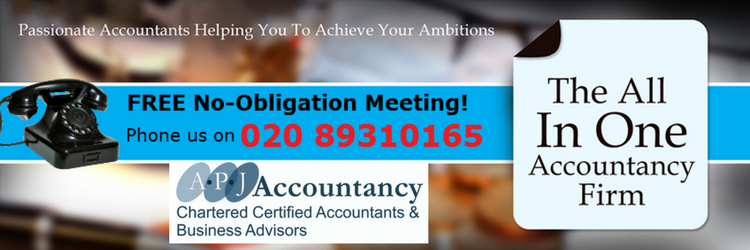Changes Next Year for Public Sector Workers “Off Payroll”
If the proposed changes go ahead the public sector body will be required to assess whether the IR35 rules apply and operate PAYE and NIC.
For these purposes public sector includes central Government departments, Local Authorities, the NHS, schools and other bodies such as the BBC.
Tax Relief for Travel Expenses For IR35 Workers
Another measure affecting such workers, and those in the private sector, concerns tax relief for travel and subsistence expenses. New legislation in the current Finance Bill 2016 seeks to deny relief for travel and subsistence expenses incurred by workers caught by the IR35 rules. The restriction will also apply to agency workers where there is supervision, direction and control (SDC) over the worker by the end user client.According to updated HMRC guidance the SDC test will be the only test used to determine whether the new rules will apply and ignores the other employment status factors. The HMRC examples suggest that if there is no expertise within the end user organisation then there is likely to be limited SDC and the worker will continue to be entitled to relief for travelling to the client’s premises.
Possible New “Look Through” Entity Will Change Small Company Taxation
The Chancellor announced in his Budget Speech that the Government is considering further major changes to small company taxation following a review by the Office of Tax Simplification (OTS).As in many small companies the directors are also shareholders the OTS believe that it would simplify matters if the shareholders of such companies were to be taxed on their share of profits made by the company in proportion to their shareholdings. In other words the shareholders would be subject to income tax in a similar way to members of a partnership or LLP and there would be no corporation tax paid by the company. This would clearly level the playing field between limited companies and unincorporated businesses. However it is likely to result in more tax payable than under the current rules!
We will monitor further discussions on this possible future change and keep you updated.
Changes to Construction Industry Scheme (CIS) Reporting
Following the abolition of monthly paper CIS returns from 6 April 2016 HMRC have indicated that some leniency will be allowed for late returns for the first three months of the new tax year. Contractors and other businesses required to operate CIS now have to submit their returns online.It is proposed that from April 2017 contractors will also be required to verify subcontractors online.
Remember that it is not just mainstream contractors that are required to operate CIS. The system extends to property developers who pay plumbers, electricians, and others in the building trade. However CIS does not apply to home owners and property investors who renovate a property prior to renting out to tenants.
Thinking of Building Your Own House? You Can Reclaim The VAT
You can apply to HMRC for a VAT refund on building materials and services if you are building a new home, or converting a property into a home. In order to qualify the home must be separate and self-contained, be for you or your family to live or holiday in, and not be for business purposes (although you can use one room as a work from home office). Builders working on new buildings should zero rate their work anyway and you won’t pay any VAT on their services.Where there is an existing dwelling on the site you will normally need to demolish the existing building, however it will count as a new build where a single façade is retained if that is a condition of the planning consent. You may also claim a refund for builders’ work on a conversion of non-residential building into a home, or a residential building that hasn’t been lived in for at least 10 years.
When you make your claim you must supply a copy of the planning permission, a full set of building plans, the invoices - including tenders or estimations if the invoice isn’t itemised, and proof the building work is finished. Please contact us if you need advice or assistance on this or any other VAT matters.
Scottish Taxes
In these newsletters we tend to focus on tax matters that apply generally throughout the UK. However, under powers devolved to the Scottish Government there is now a different system of tax for the transfer of property in Scotland instead of SDLT.Please contact us if you are considering buying a property in Scotland. We will also keep you up to date with other Scottish tax developments from time to time.


No comments:
Post a Comment